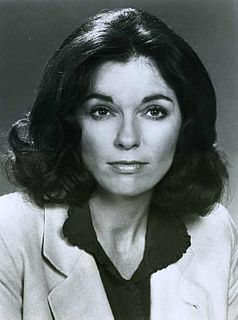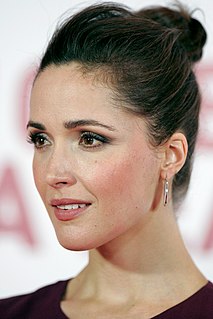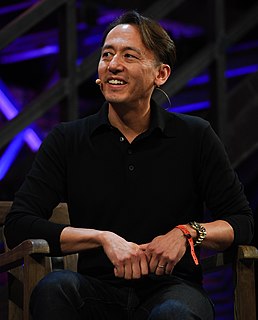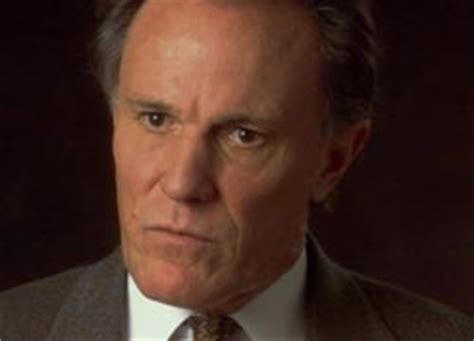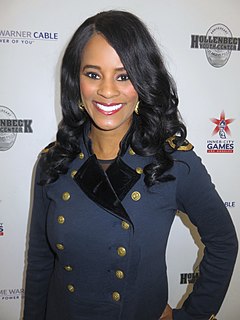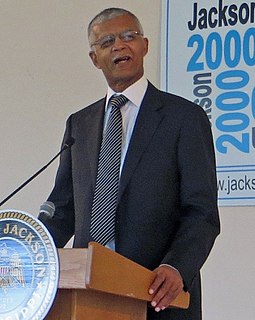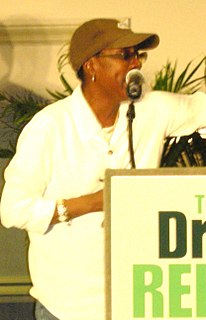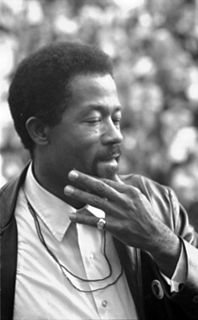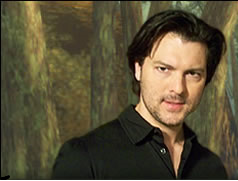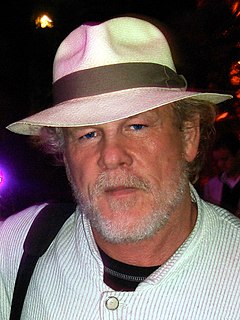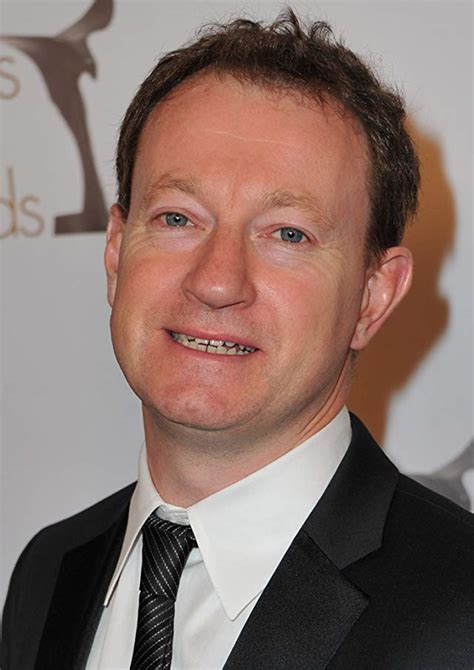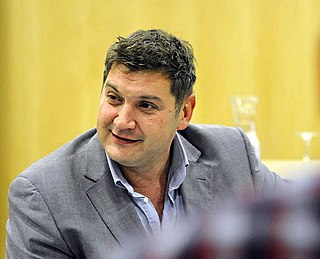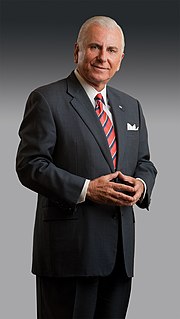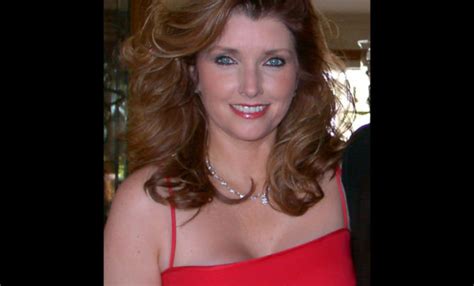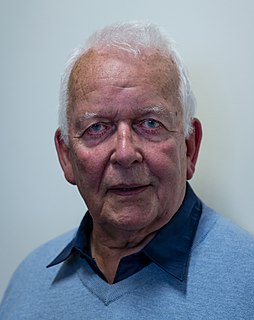Top 1200 Adapting To Change Quotes & Sayings - Page 5
Explore popular Adapting To Change quotes.
Last updated on October 28, 2024.
Art, a book, a painting, a song, can definitely inspire change, whether it's a small change or a big change but you know there's novels I've read or a scene in a film that I've seen where I definitely inspired something and made a change or addressed an issue in my life or done something cliche like make a phone call.
With respect to our friends in the [Iraq] region, each has its own system, each will have to make its own judgment as to whether it will change, how fast it will change, and we hope that we can help influence them as to how change comes about and what change might be better for them than other forms of change.
Balance and control come from healthy anger. This is just as aggressive as the unhealthy kind. But it is based on a belief and hope for change in social roles and institutions. Healthy anger demands change and creates the confrontations needed for change to occur. It also gives the other an opportunity to help make that change. “Our task, of course, is to transmute the anger that is affliction into the anger that is determination to bring about change. I think, in fact, that one could give that as a definition of revolution.
Dont ever be impressed with goal setting; be impressed with goal getting. Reaching new goals and moving to a higher level of performance always requires change, and change feels awkward. But take comfort in the knowledge that if a change doesn't feel uncomfortable, then it's propably not really a change.
The average mind requires a change of environment before he can change his thought. He has to go somewhere or bring into his presence something that will suggest a new line of thinking and feeling. The master mind, however, can change his thought whenever he so desires. A change of scene is not necessary, because such a mind is not controlled from without. A change of scene will not produce a change of thought in the master mind unless he so elects.
Nobody likes to change. There will always be resistance to change, and there always will be change. And the quicker you get to that, the easier it is. It's not such a difficult thing. If you entrench yourself and go, "By God, I will not change. I will not have this." Then, you're a dead man. We're great at adaptability. It's our strongest suit.
I agree with O'Toole that custom and comfort are impediments to change. However, it is important to recognize that resistance to change is logical as well. The new "change masters" literature seems to take change as the norm. It isn't. Humans naturally see change as risky because it is risky, just as mutations in genes are mostly destructive. You would not want to go to work were everything changed every week! The phone system, the office assignments, who reports to who, and the whole set of job expectations.
Many change initiatives are poorly thought out, and rolled out prematurely. Others are genuinely good ideas but the proponents underestimate the amount of time needed to make the change. And, I agree, true change usually requires people giving something up and so resistance is pretty well guaranteed for any meaningful change.
Anytime we think the problem is 'out there,' that thought is the problem. We empower what's out there to control us. The change paradigm is 'outside-in' - what's out there has to change before we can change. The proactive approach is to change from the 'inside-out': to be different, and by being different, to effect positive change in what's out there - I can be more resourceful, I can be more diligent, I can be more creative, I can be more cooperative.

